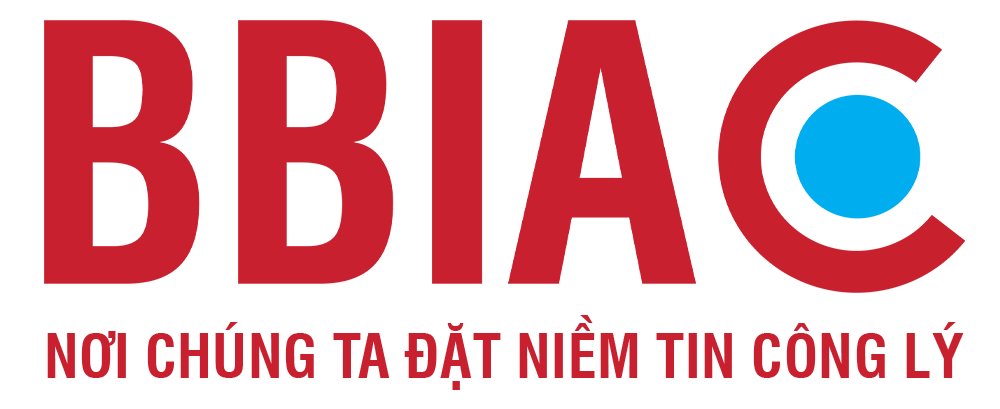Resolving “Public International” Trade Disputes through Arbitration

1. Overview and Concept of Public International Trade Disputes
Although there is no legal provision that directly defines a trade dispute (or commercial conflict), it can be understood, based on theory and practice, as a conflict arising during the conduct of economic activities aimed at generating profit. The concept of commercial activity is defined in Clause 1, Article 3 of the 2005 Commercial Law as follows:
“Commercial activity is an activity aimed at generating profit, including the sale of goods, provision of services, investment, trade promotion, and other profit-oriented activities.”
On that basis, an international trade dispute refers to a commercial relationship involving foreign elements concerning the participating parties. Disputes arising from international commercial activities encompass two areas governed by two distinct legal frameworks: public law and private law.
Specifically, the concept of a public international trade dispute refers to disputes related to trade policies between countries, territories, or intergovernmental international organizations, concerning issues such as tariffs, subsidies, and trade.
2. Methods of Resolving Public International Trade Disputes
Vietnamese commercial law stipulates the forms of dispute resolution as listed in Article 317 of the 2005 Commercial Law as follows:
“1. Negotiation between the parties.
2. Mediation between the parties conducted by an agency, organization, or individual agreed upon by the parties as a mediator.
3. Resolution through Arbitration or Court.
The procedure for resolving commercial disputes through Arbitration or Court shall be conducted according to the procedural rules of Arbitration or Court as prescribed by law.”
The parties may agree on the choice of dispute resolution methods when concluding a contract. In practice, arbitration has increasingly become the preferred method because it offers significant advantages in terms of enforceability, efficiency, speed of process, and higher confidentiality compared to other methods.
3. Resolving Public International Trade Disputes through Arbitration
In international trade agreements, arbitration is regarded as an effective and efficient method of dispute resolution and is often the final option when other measures fail to produce results. When a party initiates a claim, an arbitral panel of three arbitrators is established according to the provisions of the agreement; they collect evidence, evaluate the facts and arguments of the parties, and assess whether the contested measures comply with the commitments and applicable legal regulations. Once the task is completed—that is, issuing conclusions, an award, and, if authorized, determining enforcement measures or suspension of benefits—the arbitral panel automatically dissolves, terminating its existence in relation to the case. In many Free Trade Agreements (FTAs), such as VN-EAEUFTA and VCUFTA, parties are required to undergo a mandatory consultation phase before initiating arbitration, providing an opportunity for reconciliation and preventing premature arbitration claims.
Alongside arbitration in bilateral agreements, in multilateral trade agreements such as the CPTPP, or within the dispute settlement mechanisms of the WTO and ASEAN, the Panel of Experts model is applied. Each panel is established for a specific case, typically consisting of three members, and is dissolved once its mandate is completed. The functions of the panel are similar to those of arbitration: to objectively examine the facts and the application of the agreement’s provisions, and to issue findings, rulings, or recommendations aimed at resolving the dispute and guiding implementation. Thus, although the names and specific procedures may vary across agreements, both arbitration in FTAs and panels in multilateral organizations serve the common purpose of ensuring dispute resolution in an objective, binding, and transparent manner.
4. Mechanisms for Resolving Disputes through the Bigboss International Arbitration Center (BBIAC)
To resolve a dispute through commercial arbitration at BBIAC, clients may insert one of the following two clauses into their contracts:
4.1. Model Arbitration Clause
“Any dispute arising out of or in connection with this contract shall be settled by arbitration at the BIGBOSS International Commercial Arbitration Center (BBIAC) in accordance with the Arbitration Rules of Procedure of this Center.”
Additionally, the parties may supplement the clause with:
(a) The number of arbitrators shall be [one or three].
(b) The seat of arbitration shall be [city and/or country].
(c) The governing law of the contract shall be [ ].*
(d) The language of the arbitration shall be [ ].**
Notes:
* Applicable only to disputes involving a foreign element.
** Applicable only to disputes involving a foreign element or disputes where at least one party is an enterprise with foreign invested capital.
4.2. Model Arbitration Clause Applicable to Expedited Procedure
“Any dispute arising out of or in connection with this contract shall be settled by arbitration at the BIGBOSS International Commercial Arbitration Center (BBIAC) in accordance with the Arbitration Rules of Procedure of this Center. The Parties agree that the arbitration proceedings shall be conducted under the Expedited Procedure stipulated in Article 37 of the BBIAC Arbitration Rules of Procedure.”
Additionally, the parties may supplement the clause with:
(a) The seat of arbitration shall be [city and/or country].
(b) The governing law of the contract shall be [ ].*
(c) The language of the arbitration shall be [ ].**
Notes:
* Applicable only to disputes involving a foreign element.
** Applicable only to disputes involving a foreign element or disputes where at least one party is an enterprise with foreign invested capital.
Contact 0979 133 955 for consultation!
